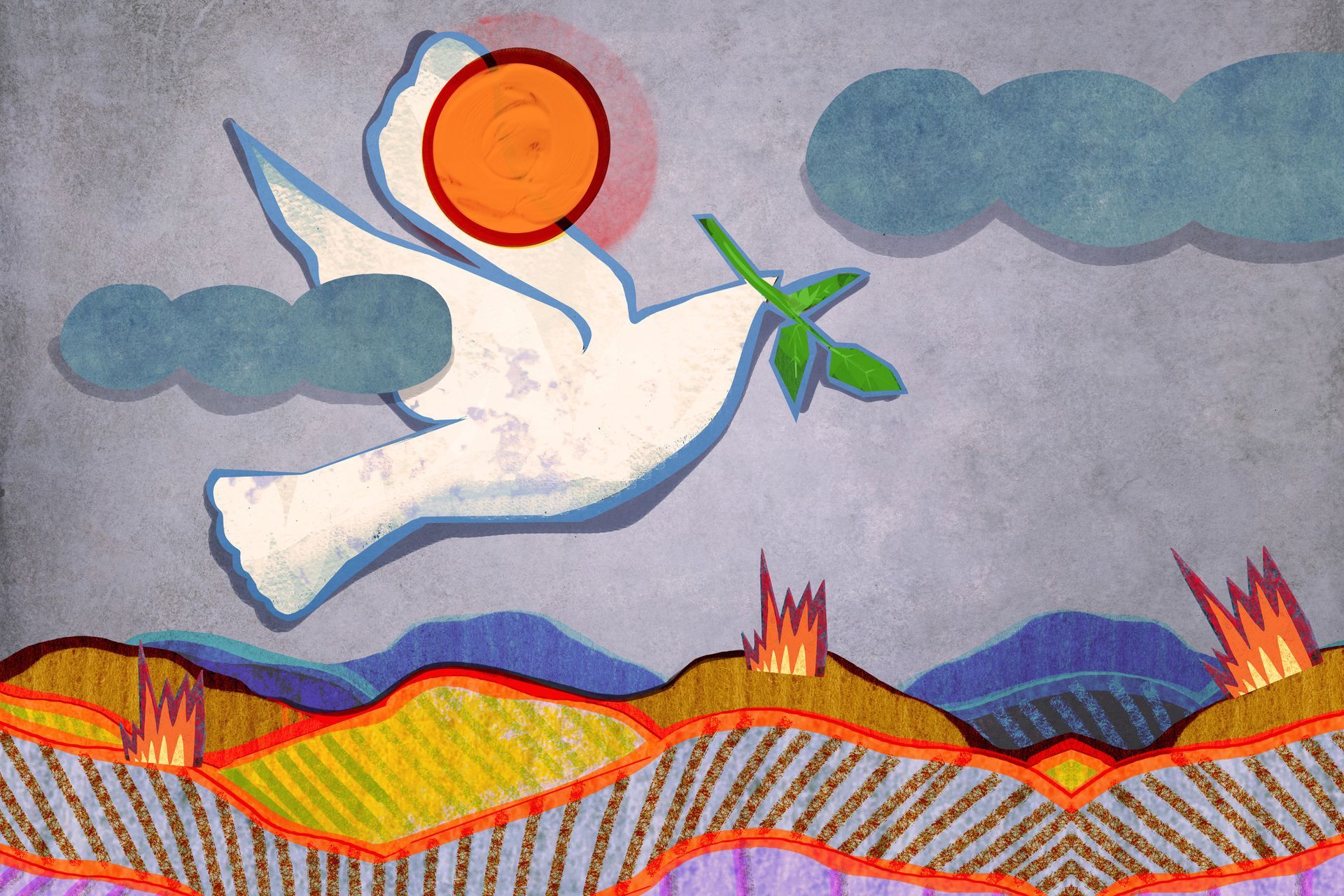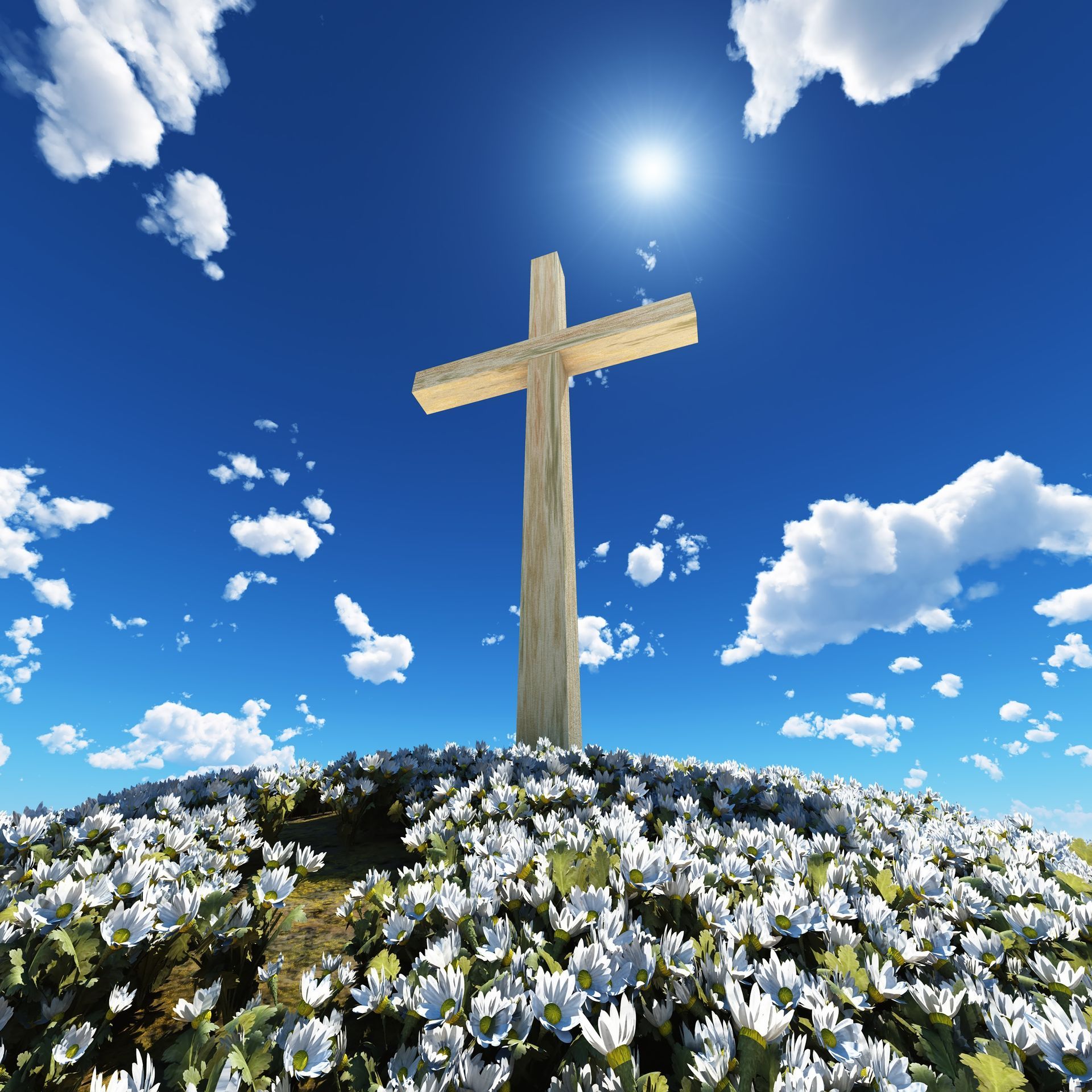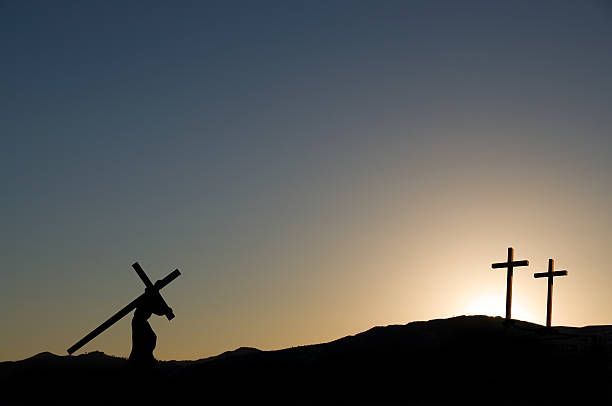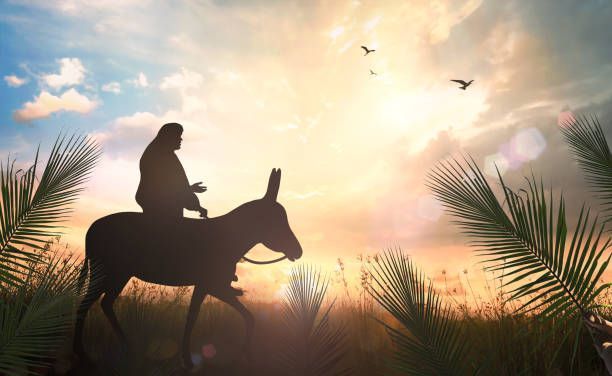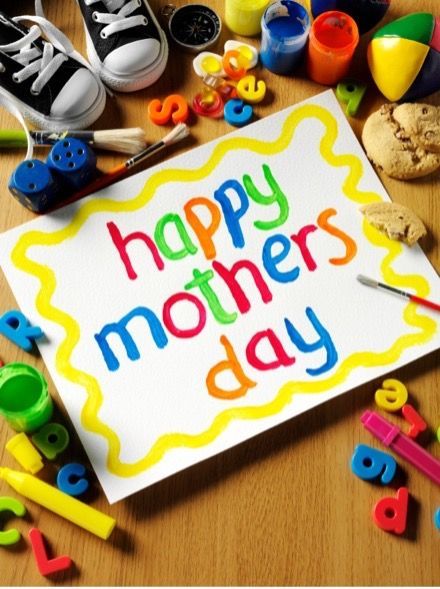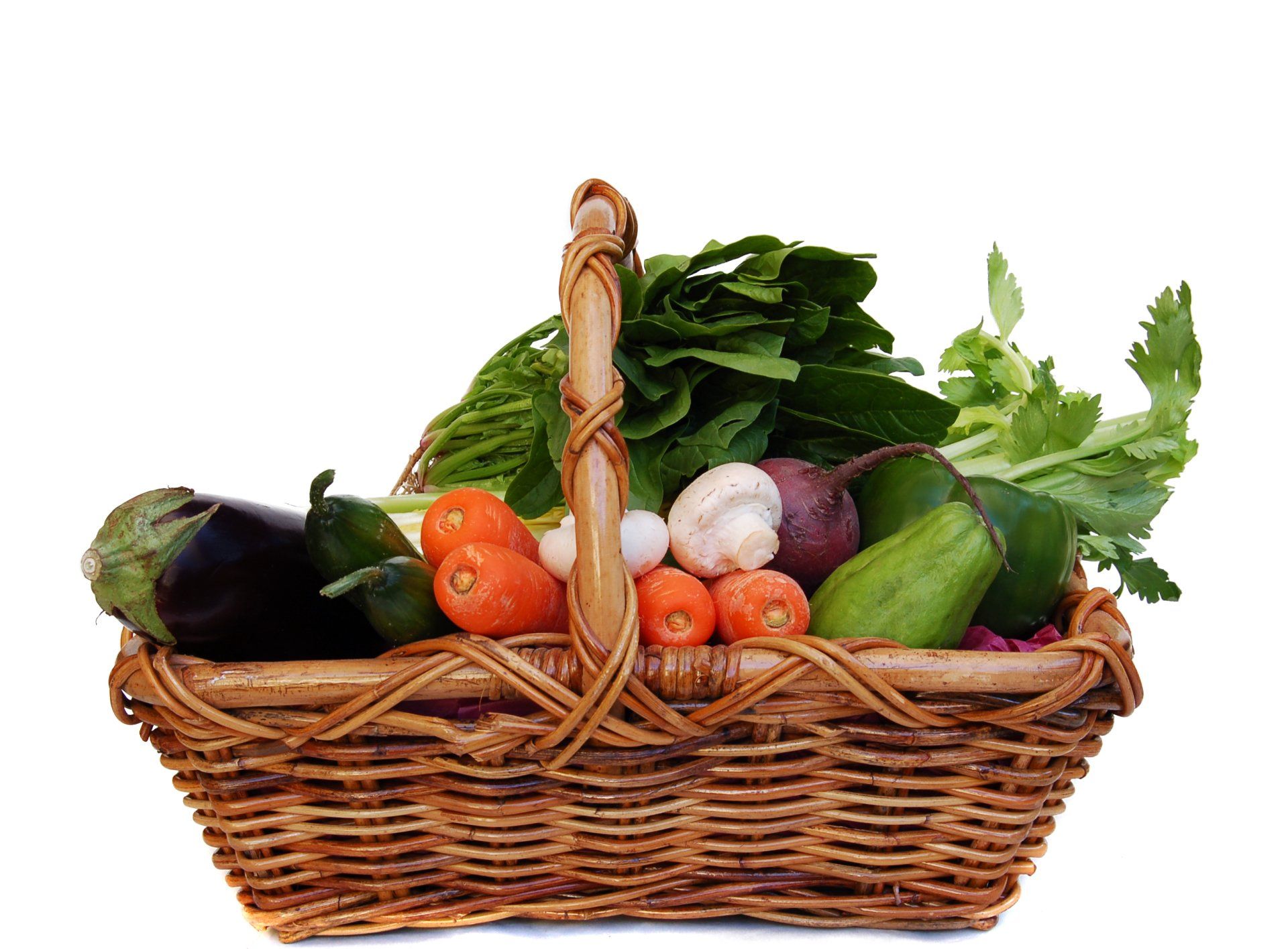Harvest
Practically all cultures and societies celebrate the harvest because it marks such an important event, the gathering together of food supplies for the coming year. Even today, when we can source food from all over the world and in every season, it is still an occasion for celebration. But the question is when should we celebrate it? Some societies celebrate before it is gathered and some after it is all in.
In Britain, our normal harvest festival celebrations are usually in the autumn, often around Michaelmas Day (September 29th). This follows an old farming tradition of having a harvest supper to celebrate the end of the harvest – the ‘harvest home’. I suppose that in Britain, with our climate, it seems better to celebrate afterwards as what might have looked like a potentially good harvest in early August could have been ruined by wet summer weather.
However, until the time of Henry VIII, there used to be a harvest festival on August 1st, Lammastide (originally loaf-mass), when farmers made bread from the first sheaves harvested and gave it to the local church for the communion bread in this early thanksgiving service for a good harvest. Lammastide was sometimes called the feast of the first harvest.
Such early ‘anticipatory’ harvest festivals reflect the ‘first fruits’ celebrations in the Bible. Jesus would have known three harvest festivals in each year, for the three great festivals in the Jewish calendar - Passover, Pentecost and the Feast of Tabernacles - not only celebrated important historical events in the life of the Children of Israel but also had agricultural significance.
At Passover, the first sheaves of the barley harvest, the first cereal to ripen, were presented to God as commanded in Leviticus 23:10-11. At Pentecost, the first sheaves of harvested wheat were presented. The Feast of Tabernacles or Booths, in late September or early October, included a celebration of the final ingathering of all the harvest because, by then, the tree crops, the olives and the grapes, had been harvested.
Our modern British Harvest Festival services held in church really only date from 1843 when the Rev. Robert Hawker invited his parishioners to the church at Morwenstow in Cornwall for a special thanksgiving service for harvest. The idea soon caught on and led to the writing of many of the harvest hymns still sung today.
Whether we celebrate early or wait until ‘all is safely gathered in’ to ‘ raise the song of harvest home ’, it is good that we can come as thankful people, remembering that ‘ all good gifts around us are sent from heaven above’. Then we can ‘ thank the Lord, O thank the Lord, for all His love ’.





